Bryan Stevenson
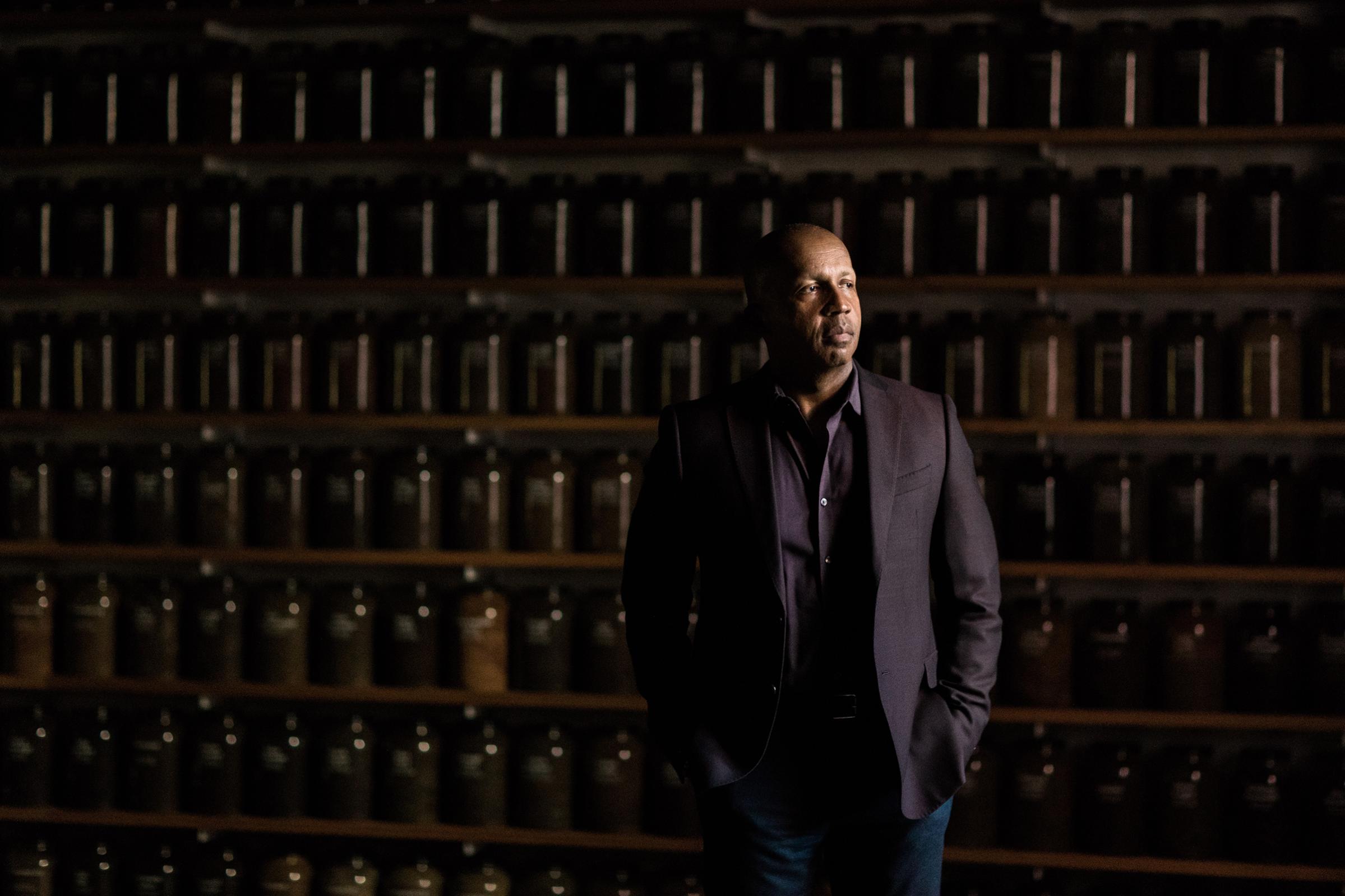
What textbooks blandly label the Great Migration—the movement of millions of African Americans in the 20th century from the rural South to Northern cities—is recalled more viscerally by the people who lived it. When as a boy he visited his grandmother in Philadelphia, Bryan Stevenson heard firsthand of the brutality that drove black families north: forced servitude, the matrix of laws and threats known as Jim Crow, and lynching.
So when Stevenson picked up his law degree from Harvard and moved toward Alabama, what he obeyed was no normal impulse. Marines are trained to run in the direction of gunfire, first responders into flames. Stevenson has spent his life advancing on truths the nation ties itself in knots to avoid.
“If you’re in a country where we have just refused to acknowledge the history of slavery, I think that creates a certain kind of comfort with that history—a certain indifference to the victimization and the anguish and the trauma that that history created, which we can only address by talking more directly about that history,” Stevenson tells TIME. “I am a proponent of truth and reconciliation. I just think those things are sequential.”
He came to the South to advocate for prisoners facing execution, almost all of whom were black. One had been railroaded in the town where To Kill a Mockingbird was set. Legal executions of African Americans had surged, but not out of the blue; they climbed just when lynchings were deemed unseemly. What had taken place on the courthouse lawn moved indoors, black robes replacing white.
Seeing the connection, Stevenson began a new project: the National Memorial for Peace and Justice, the first memorial devoted to victims of lynching. It opened in April in Montgomery. Inside, the names of 4,400 lynching victims are inscribed on 6-ft. steel slabs hanging from the ceiling. Out-side, an equal number of slabs were laid, waiting to be claimed by the counties where killings occurred. Those not collected will remain in the courtyard in silent reproach. That’s the idea: we have to own it.
In the heart of the South, Stevenson detects progress. He notes that the lynching memorial met far less local resistance than his earlier project in a city cluttered with monuments to the Confederacy, to place plaques at former slave markets. All whites approach this subject with apprehension, while some fear of bearing blame. Stevenson, who titled his best-selling memoir Just Mercy, says, “I have no interest in punishing people for this history. I want to liberate us. I think people fear because they don’t understand what’s on the other side.”
His voice is quiet, like his charisma. “We are not just slave states in the American South. We are not just lynching states. We are not just segregation states. We are more than that. The people are more than that. The region is more than that. But we can’t ignore this part of our history that we have been so reluctant to address if we want to be seen as we truly are.” —Karl Vick
Beth Moore
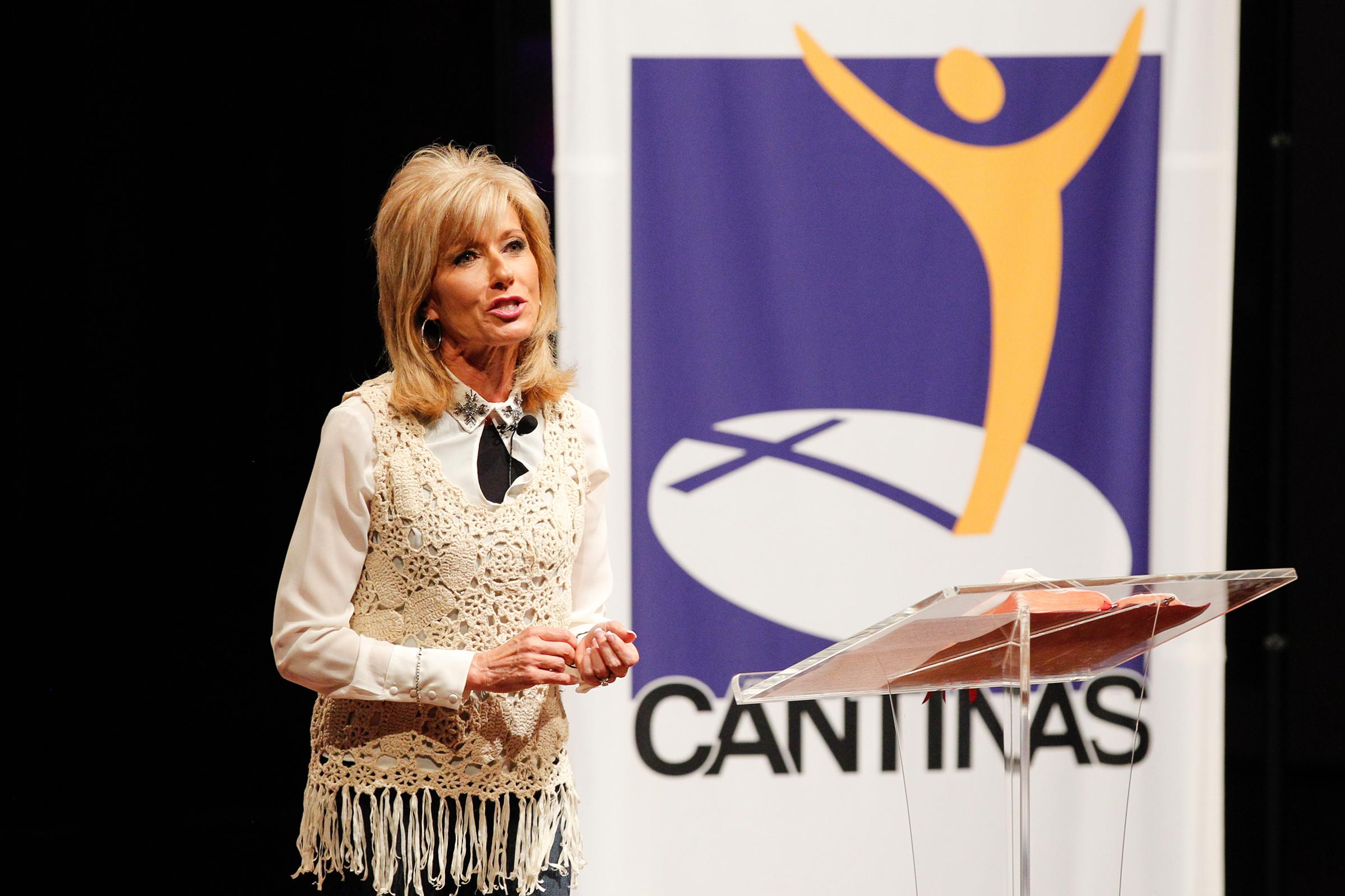
In late 2016, when one of America’s best-known Southern Baptists reacted to then candidate Donald Trump’s Access Hollywood tape by telling her nearly 1 million Twitter followers that she was tired of Christian leaders disrespecting and dismissing women, her words lit the evangelical world on fire. The blowback was strong (and white evangelicals ended up voting overwhelmingly for Trump), but that didn’t stop Beth Moore. Nearly two years later, the best-selling author remains on the front lines of an effort to address sexism and abuse in the Southern Baptist Convention—and she’s starting to succeed.
Southern Baptists don’t let women lead congregations, but Moore has built her career on writing, speaking and ministry aimed at women. This spring, she condemned an influential seminary president who condoned abusive relationships, and thousands successfully called for his firing. She also wrote a viral open letter detailing the sexism she has faced in conservative evangelical circles. At the annual Southern Baptist gathering in June, discussion about women in the church was front of mind. The denomination adopted one resolution condemning abuse and another saying women should serve the church in “biblically appropriate” ways. While some wanted the group to take a stronger stand, it’s clear that the discussion is far from over—thanks in part to women like Moore. —Abigail Abrams
Demario Davis
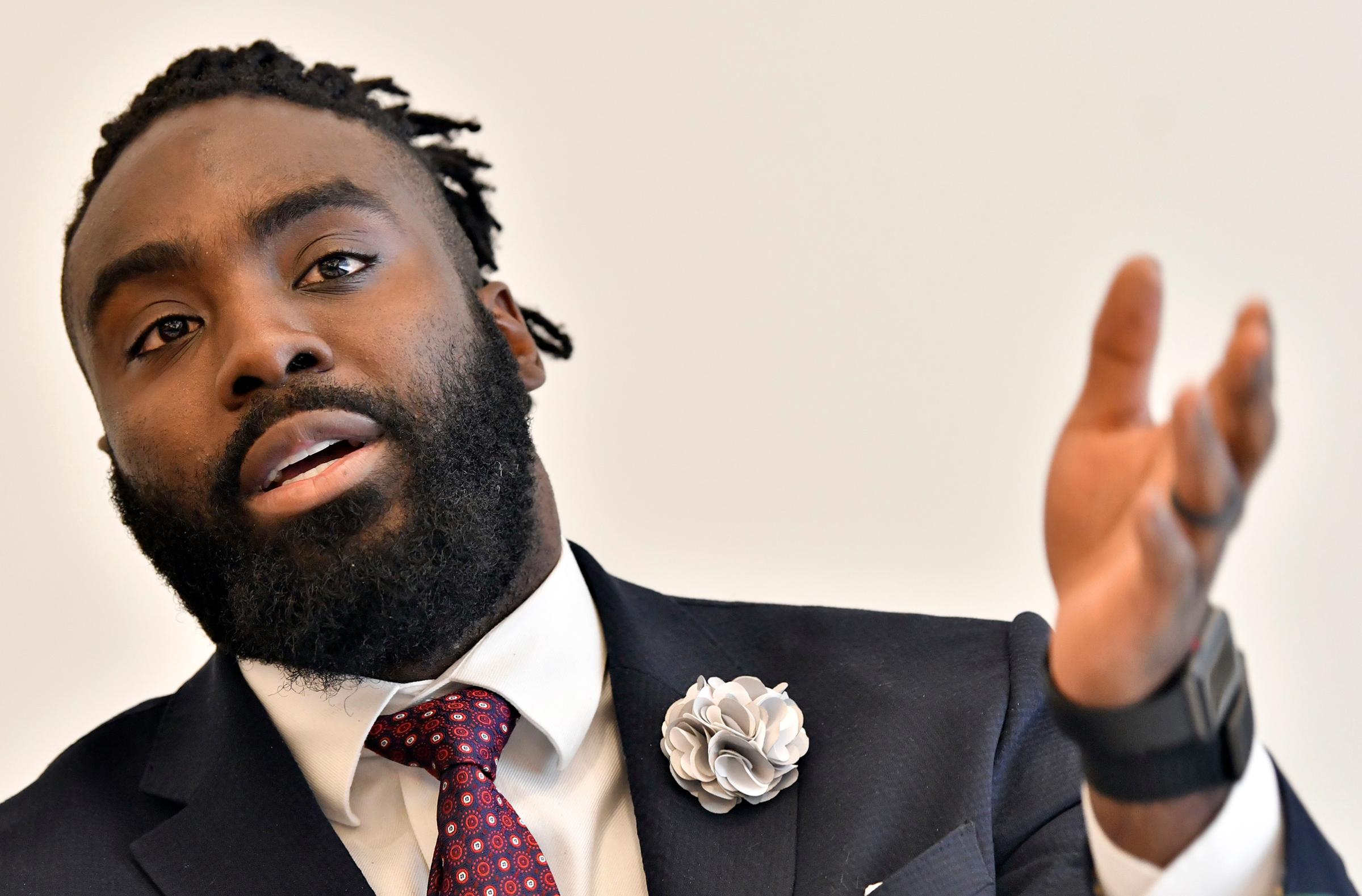
As a kid in Mississippi, New Orleans Saints linebacker Demario Davis didn’t pick the typical childhood role models like athletes and superheroes. Instead, Davis idolized Martin Luther King Jr. and Malcolm X. “I just always gravitated toward people who sacrificed for the benefit of others,” he tells TIME.
In 2014, Davis founded the Devoted Dreamers Academy, a summer program for low-income kids in Jackson that teaches skills ranging from financial literacy to anti-bullying techniques. Davis hopes to open five more branches in Mississippi—which languishes at the bottom of national health, economic and education rankings—but his work stretches beyond the state. Davis and Josh Norman of the Washington Redskins recently spent $10,000 at a San Antonio Walmart on supplies for immigrant families. In May, he and fellow Saints player Benjamin Watson wrote a letter supporting legislation to restore voting rights for some previously incarcerated Louisianans. The bill became law a few weeks later. When Davis met with NFL bigwigs to discuss the league’s stance on protests, Atlanta Falcons owner Arthur Blank told him he missed his calling as a public speaker. Davis doesn’t see politics in his future, but expect him to remain vocal. “I’m never going to be the one who stays quiet,” says Davis. —Sean Gregory
Danica Roem
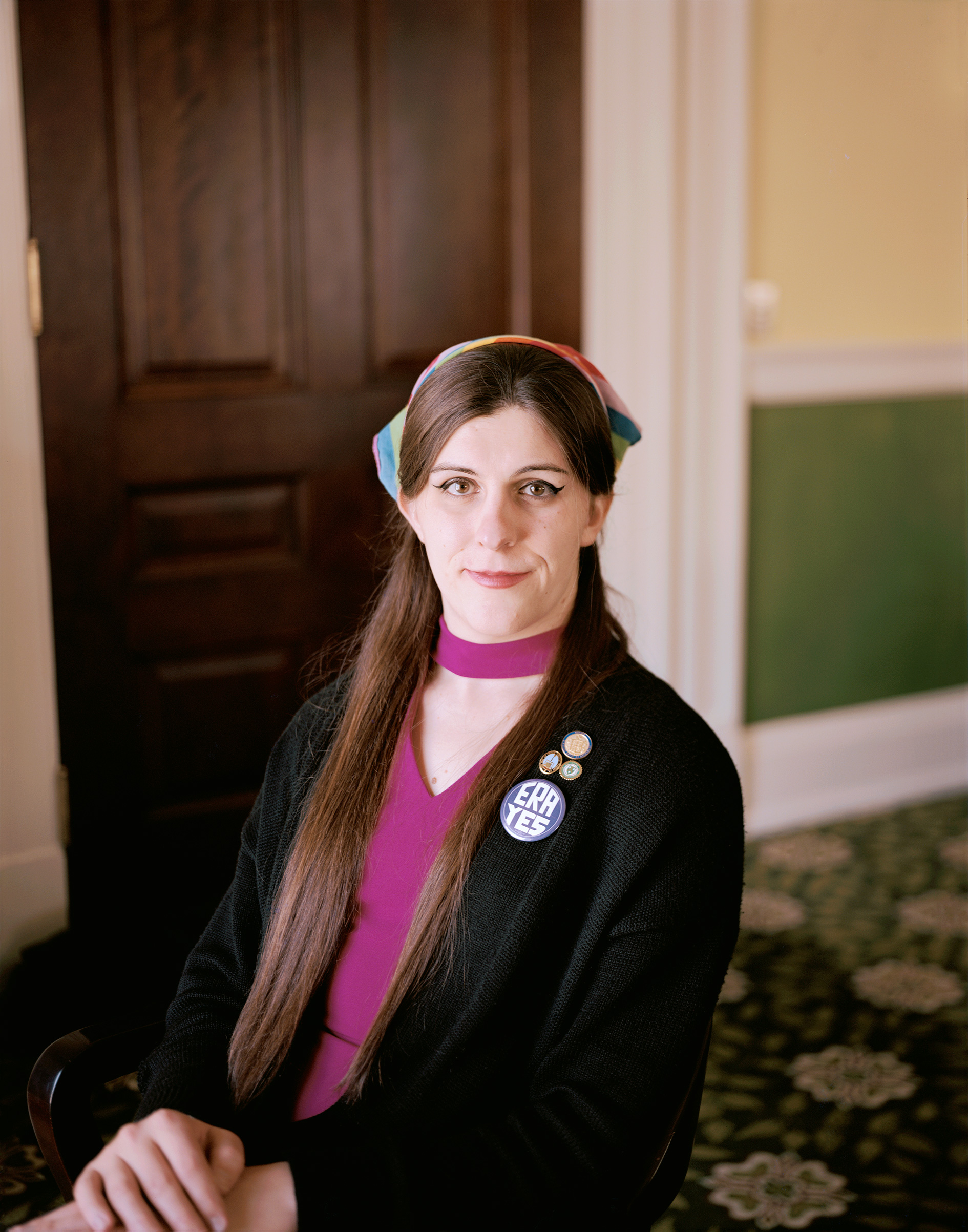
Even as many parts of the country have em-braced LGBT rights, the vast majority of Southern states lack non-discrimination protections for LGBT people. Stigma is harder to measure, but it remains strong across the region too, which makes Danica Roem’s election even more noteworthy. In 2018, she became the first openly transgender person to ever serve in a state legislature—not in Vermont or California, but in the Virginia district where the first major battle of the Civil War took place. “The South is not a monolith,” says Roem, a Democrat who beat a conservative incumbent who once described himself as the state’s “chief homophobe.”
Since her election, Roem—who worked in local news before getting into politics—has had some extraordinary experiences, such as walking the red carpet at a Los Angeles awards ceremony to raise awareness about bullying. But most of her time has been spent doing the nitty-gritty work of a small-town politician. Her pet issue: fixing the traffic on Route 28. “I hope other well-qualified people who are trans step up and run for office,” she tells TIME, “and get elected because of who they are, not despite it.” —Katy Steinmetz
Ashley Christensen
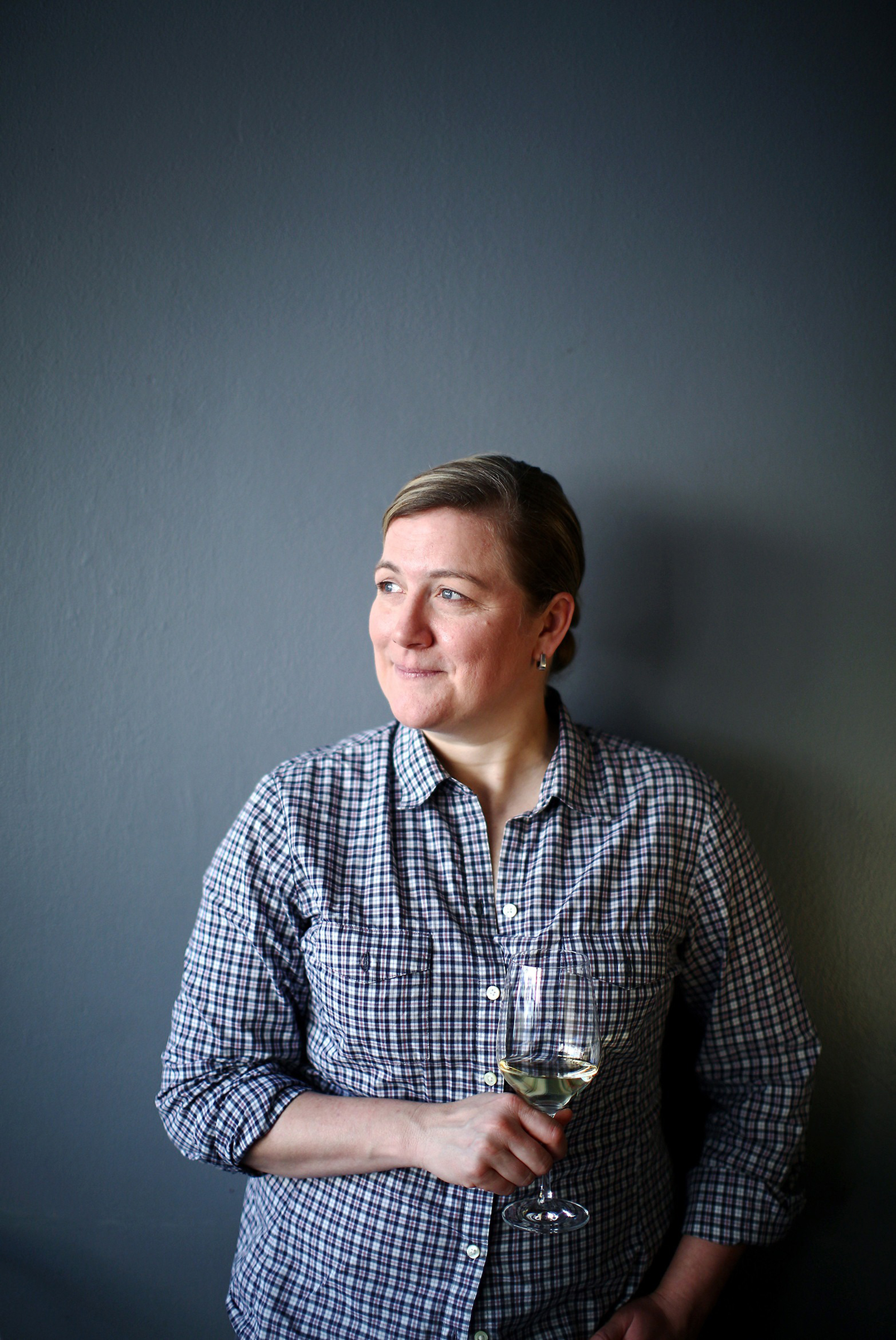
Earlier this year, in the kind of social-media blowup that has become as inevitable as tuna tartare on a fancy restaurant menu, a picture of Michelle Obama on chef Ashley Christensen’s Instagram feed prompted a follower to suggest that, more or less, she should shut up and cook. The Raleigh-based Christensen’s heartfelt reply argued that hospitality goes beyond “a simple transaction of food for cash.” Food personalities, she wrote, “have more reach and influence than ever before, and with that comes responsibility.”
Christensen has taken on plenty. Her restaurants, anchored by the award-winning Poole’s Diner, have made her a star in the food world. Her cooking elevates traditional comfort food without stripping it of its soul. But she has always balanced hospitality with social action, whether working with Share Our Strength to feed underprivileged children, weighing in on industry issues like workplace conditions for women in restaurants or changing men’s and women’s restrooms in her restaurants to “people rooms” in response to North Carolina’s since-repealed “bathroom bill.” That also got her some grief, along with plenty of support. Of course a chef can do more than cook. She can also post a sign on the windows of all her restaurants that lets people know exactly why she does more than just feed them. It reads, Don’t forget kindness. —Ray Isle
Knox White
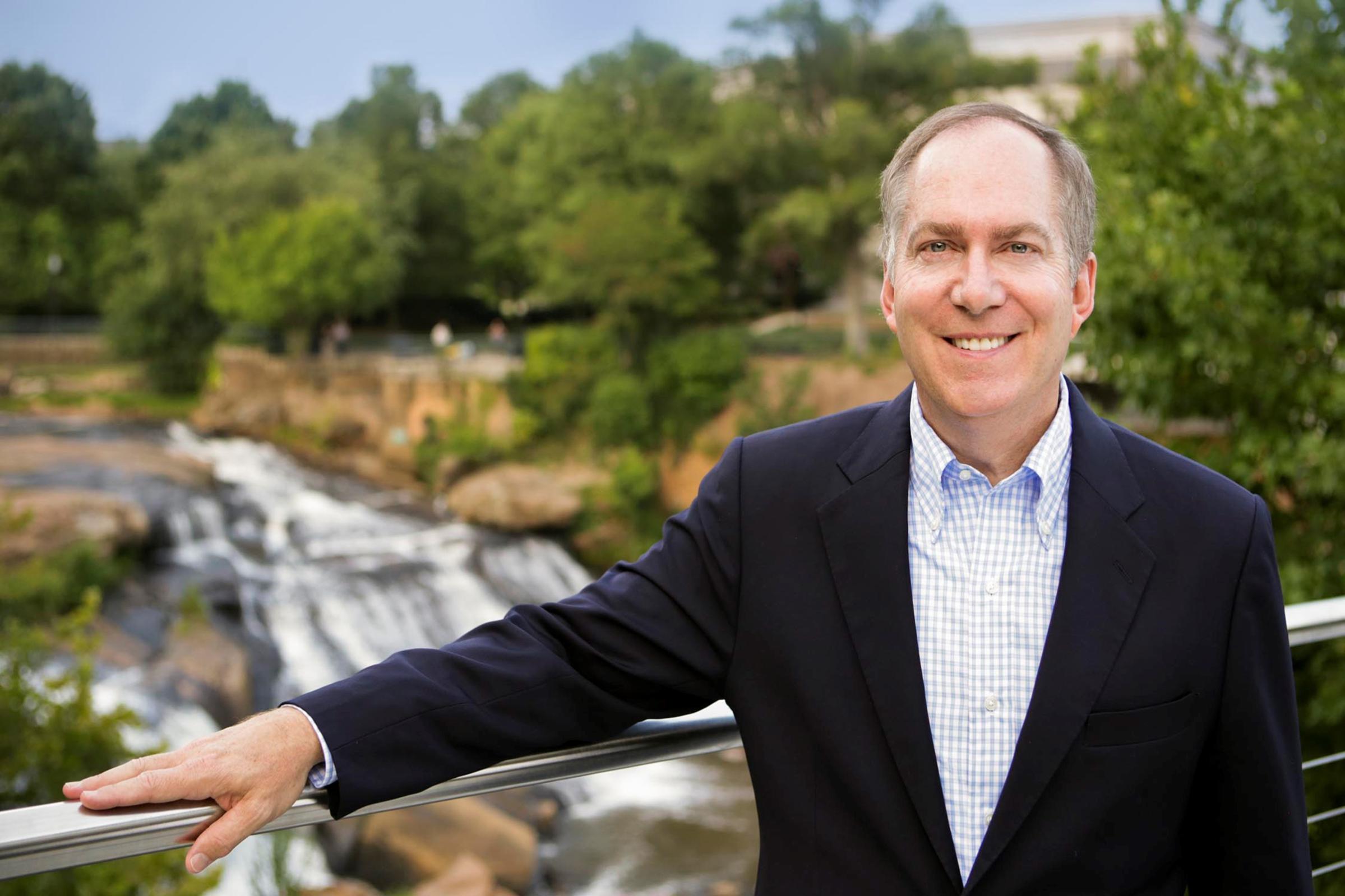
When he was growing up in Greenville, S.C., everybody Knox White knew was connected to the textile mills that lined the Reedy River. Its currents powered the first looms, and its waters received their poisons—the price of a prosperity that waned as production began moving overseas in 1970s.
Greenville was the exception, saved by a far-sighted decision to diversify its industrial base. It landed GE, then Michelin and BMW, which has a plant less than 20 miles up I-85. When White was elected mayor in 1995, the city had the money and planning acumen to build an urban center where people actually live, complete with retail, restaurants and trails beside a reclaimed Reedy. “We’ve created a downtown with a very distinctive European feel to it,” says White. His next big project is a 60-acre park, with affordable housing to hedge against gentrification. Dubbed “Unity,” it’s set for an area that was once home to two separate, segregated parks. White says the project is intended “to make amends for the sordid past.” —K.V.
Kane Brown

Kane Brown knows he doesn’t look like “your average country artist,” as he puts it: he’s a biracial singer in a genre dominated by white stars, and you won’t find him rocking a cowboy hat. But Brown has bucked norms at every step of his journey, from singing a Chris Young song at a high school talent show in Soddy-Daisy, Tenn., to touring with country heavyweights including Young himself. His 2017 single “What Ifs” is one of the most-streamed country songs ever, and he’s the first artist to top all of Billboard’s country charts simultaneously.
Brown once looked forward to a “big-boy job” as a FedEx driver, but that was before his videos developed a following on Facebook. “You can’t not chase dreams if they’re in front of you,” he tells TIME. Brown’s honeyed drawl, willingness to stretch genre boundaries and highly personal storytelling have won him fans far beyond social media. “There have been some fans that still don’t let me in,” he says. But Brown, who believes country music is “all about love,” has his eyes on bigger things. Once, he felt like an outcast. Now, he feels he belongs. The numbers—and the fans—already prove it. —Raisa Bruner
Caroline Lewis
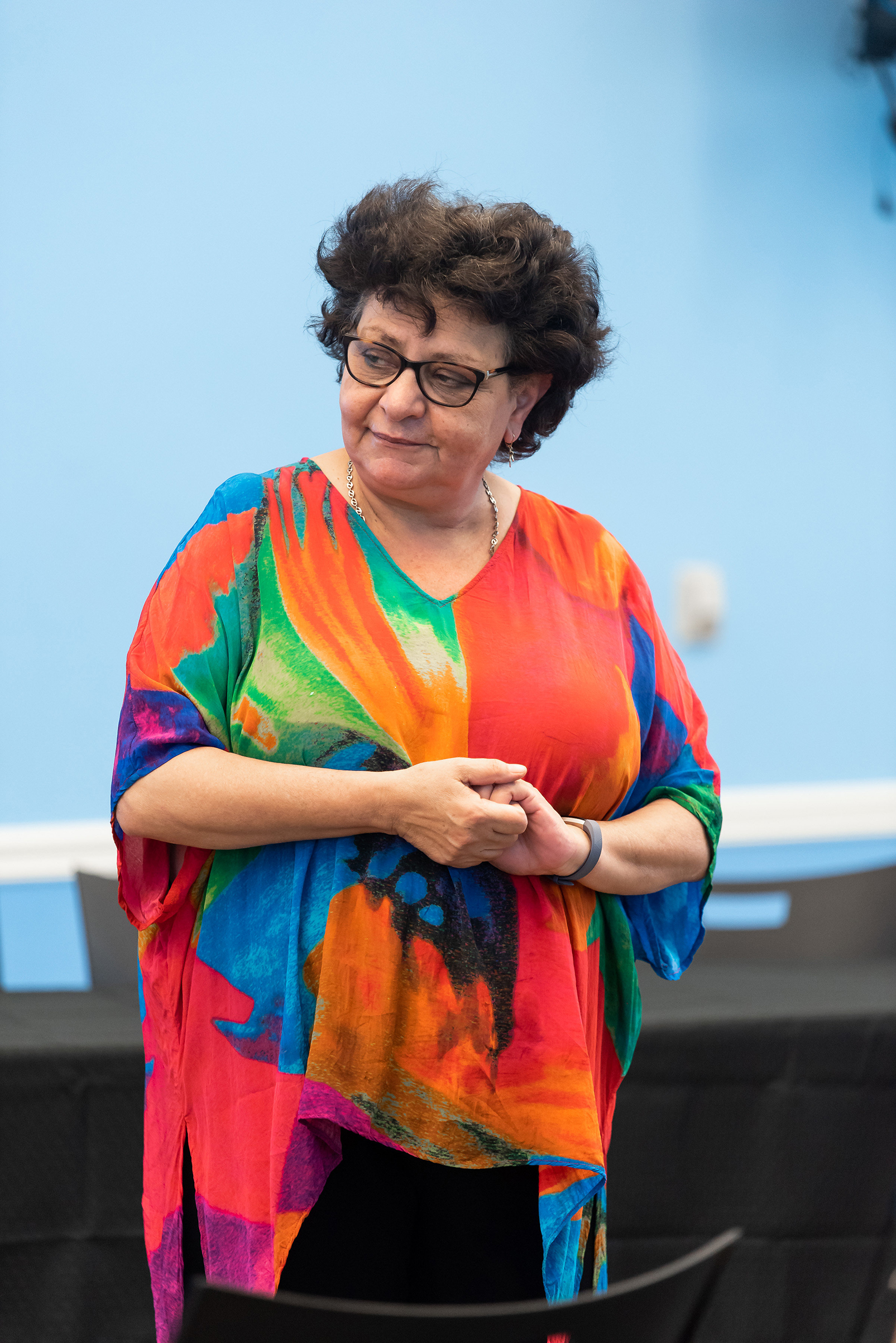
People across South Florida are awakening to the danger of climate change, and Caroline Lewis is a big reason why. The former high school principal has spent the last eight years educating the region’s vulnerable communities about its effects from the helm of the CLEO Institute, a nonprofit she founded. At the heart of CLEO’s work is Lewis’ training of local leaders in the science and policy of global warming, so they can spread the word in their communities. CLEO also helped found the Miami Climate Alliance, which has planned marches and helped shape local environmental policy. Some areas in South Florida have already seen a spike in flooding thanks to climate change, and the problem is only expected to worsen as sea levels rise—so the need for Lewis’ work will only increase too. —Justin Worland
Paula Wallace
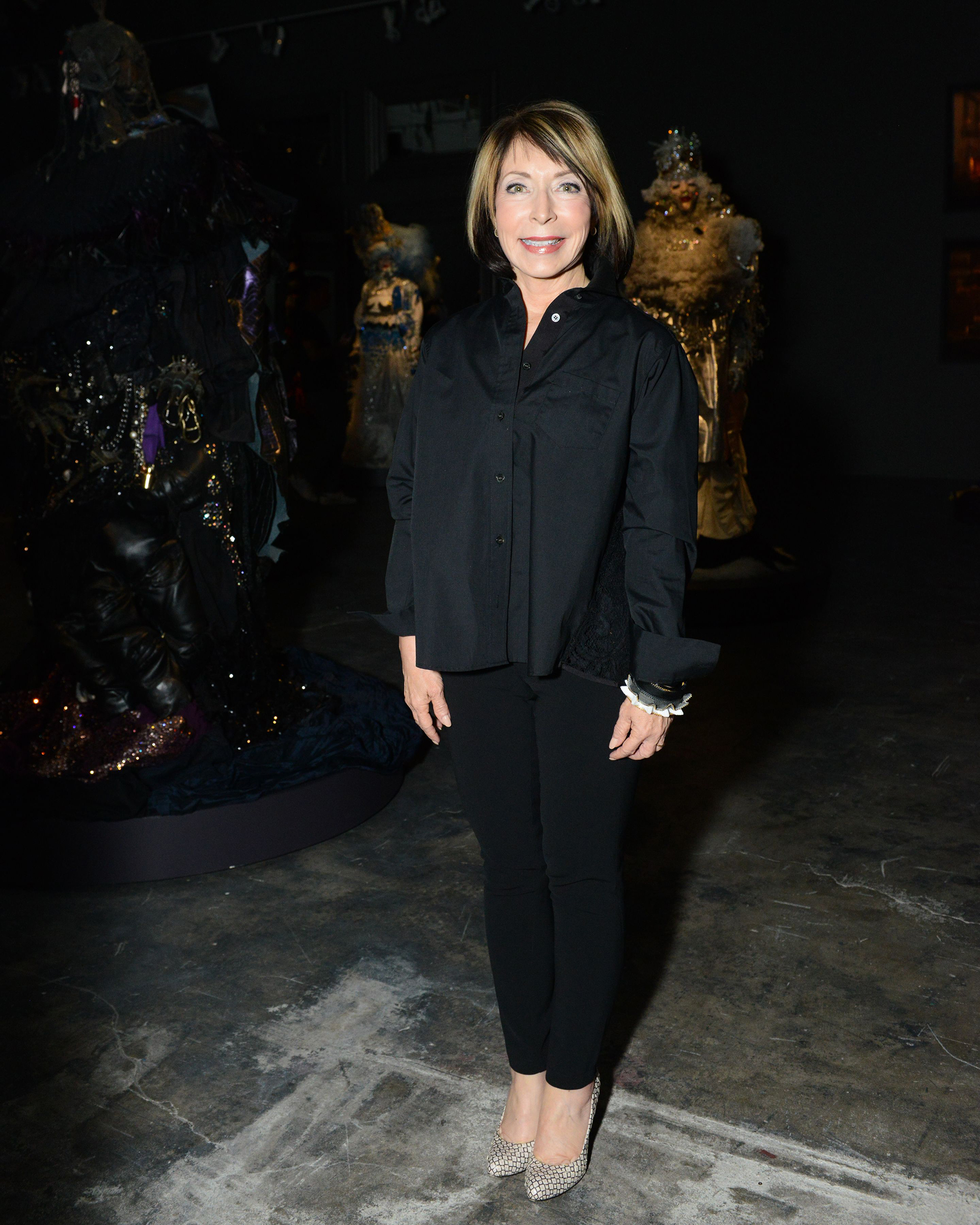
Paula Wallace was a young elementary school teacher in Atlanta in 1977 when she left her job to embark on what she calls a “revolution in higher education,” opening an art college that would prepare students for creative careers. Forty years later, the Savannah College of Art and Design (SCAD) is a respected hub of art innovation, with nearly 14,000 students across its campuses around the world. Aiming to offer courses that were unavailable in the region, Wallace picked Savannah because of its history and grand old architecture, which SCAD has helped restore and preserve. Wallace’s salary as one of the country’s highest-paid college leaders has caused some controversy, but her influence on Savannah and the world of Southern art is unquestioned. —Katie Reilly
Christy Coleman
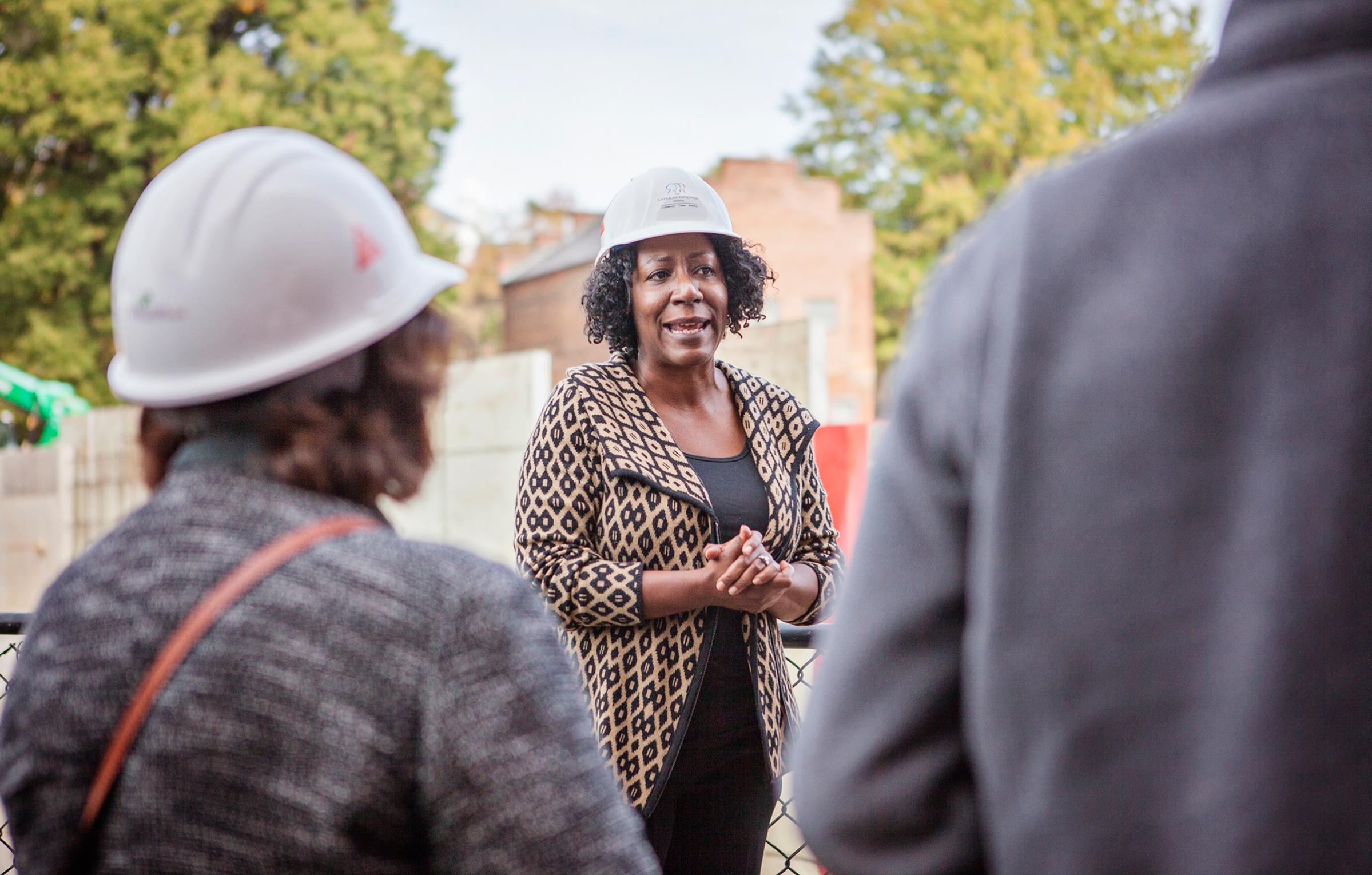
In the South, few subjects are as thorny as the history and meaning of the Civil War. But as CEO of the American Civil War Museum, based in Richmond, Christy Coleman has proved unafraid to wade into the middle of the conversation. As an African-American woman, her very presence in the field is noteworthy, and Coleman has found herself at the museum’s helm during a moment of national reckoning on its subject—and a period of evolution for the institution, which will open a new building next spring. Changes can be challenging, but Coleman is guided by a philosophy that’s hard to dispute: “The most important thing was making the narrative complete,” Coleman tells TIME. In other words, military, social and political history are as inseparable as the United States turned out to be.
Coleman’s influence is felt beyond the walls of the museum too. She co-chaired Richmond’s Monument Avenue Commission, charged with investigating what to do with the Confederate statues on the city’s landmark boulevard. So far, in her battle against the all-too-human instinct to wish the past were simple, Coleman is winning. And though an expanded museum still won’t be able to tell every element of the story, that doesn’t mean she’ll stop trying. —Lily Rothman
Meherwan Irani
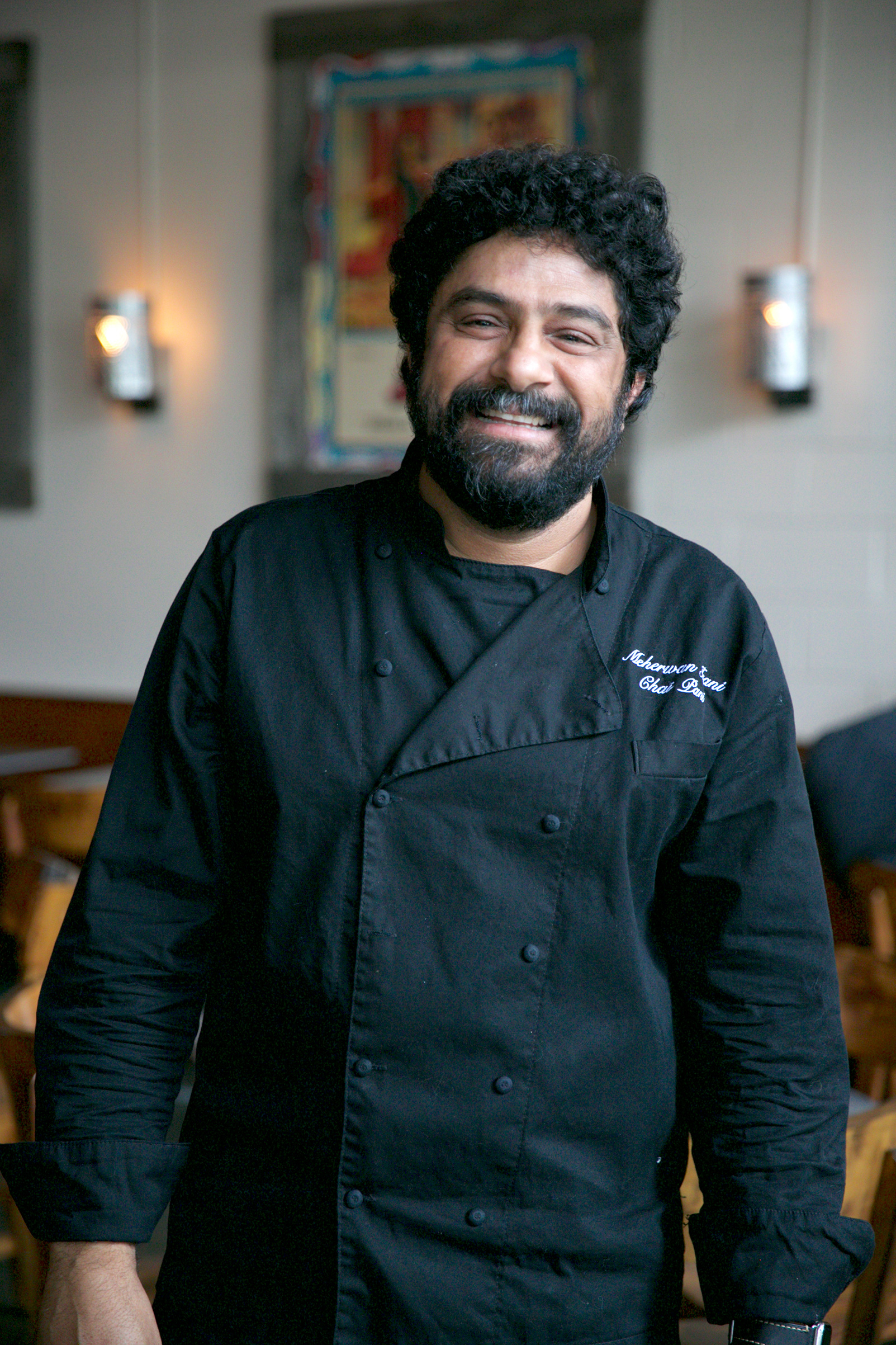
Before Meherwan Irani opened Chai Pani in Asheville, N.C., in 2009, he wasn’t even a chef. But in less than a decade since quitting his sales job for the restaurant business, the India-reared Irani has developed a mini empire of restaurants in North Carolina and Georgia that expand the scope of Indian food in the South with innovative takes on snacks and street food—think kale pakora and spiced-lamb sloppy joes. He has taken on local tradition too, opening Buxton Hall Barbecue, a paean to the eastern Carolina style of smoked meat, with pitmaster Elliott Moss. And Irani teamed with a cohort of Southern chefs of Indian origin to create the Brown in the South Supper Series, which brings together rising names such as Asha Gomez, Cheetie Kumar and Maneet Chauhan for a fundraising meal merging the ingredients of the American South and the cultures of South Asia. —Mahita Gajanan
Fawn Weaver
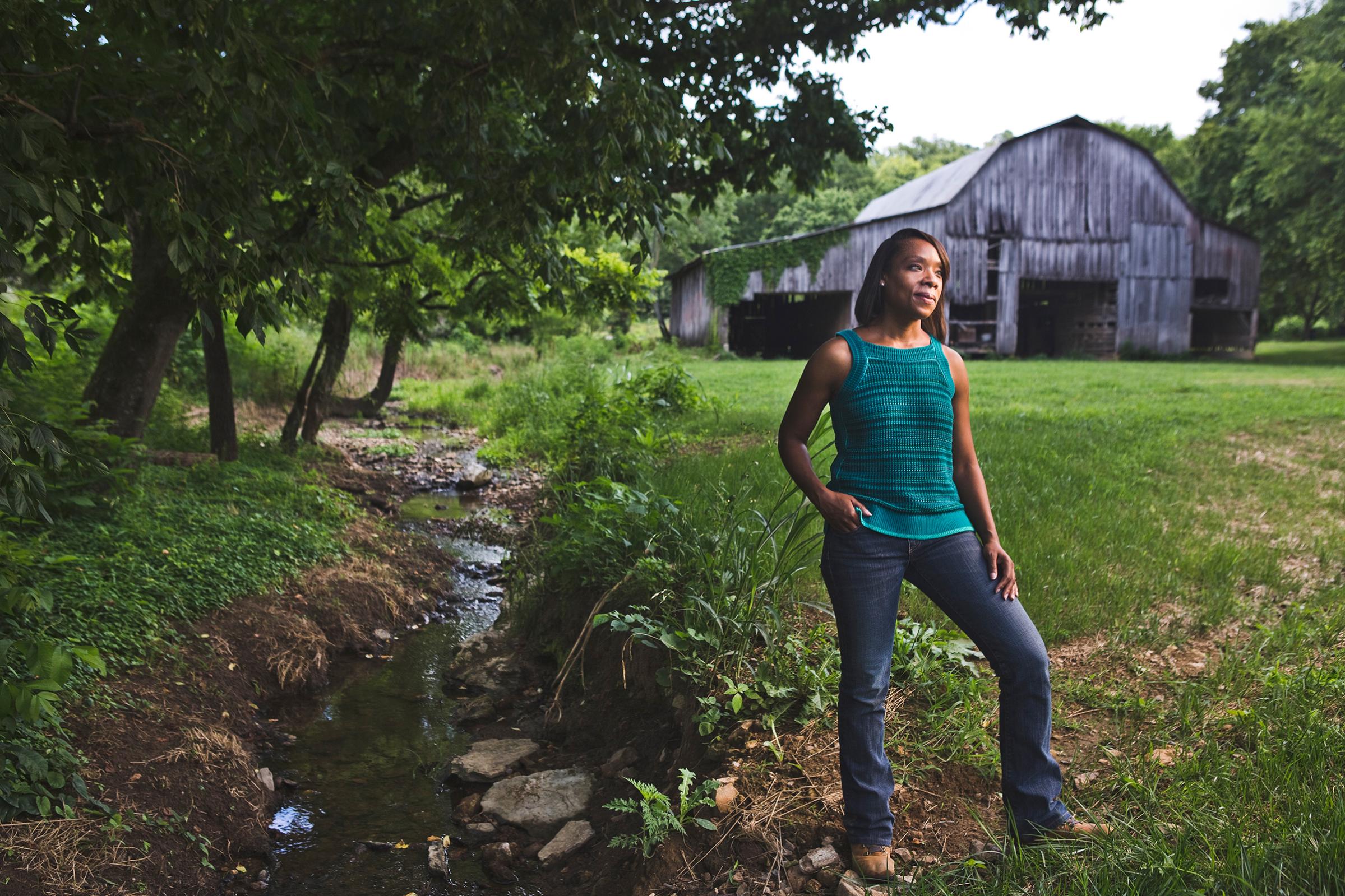
Slavery was the backbone of the South’s economy until the Civil War, though many contributions of enslaved men and women have only just started to be recognized. Entrepreneur Fawn Weaver has made sure at least one critical piece of the history is not forgotten. Her quest began after reading a 2016 article about Jack Daniel’s distillery in Lynchburg, Tenn., in which parent company Brown-Forman acknowledged that, contrary to company lore, Jack Daniel learned how to distill whiskey from an enslaved man named Nearis Green. Little, however, was known about the man behind what has become one of the world’s most prominent booze brands. So Weaver got to work, piecing together roughly 10,000 documents to tell his story: his name was in fact Nathan “Nearest” Green, and he’d been on loan to the minister who long got credit for teaching Daniel his craft; when Daniel bought the company, Green stayed. In May 2017, the brand officially recognized Green by naming him as its first Master Distiller, and Weaver has launched her own venture: a whiskey called Uncle Nearest. —Olivia B. Waxman
Stanfield Gray
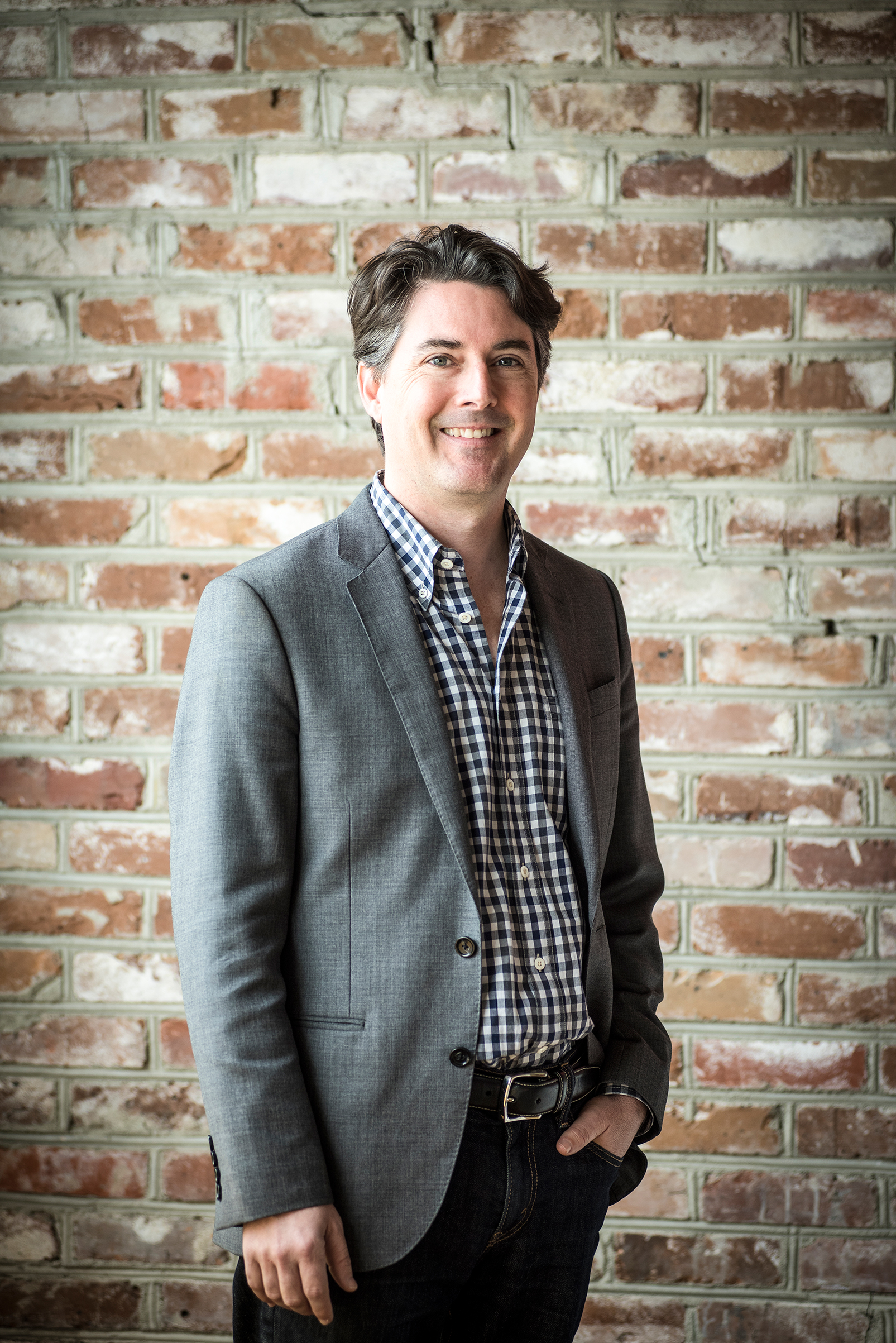
As founder of the DIG SOUTH Tech Conference, Stanfield Gray is making sure his part of the country doesn’t get left behind in the digital revolution. Gray says his two kids helped inspire him to leave the world of strategic communications and pursue the idea back in 2012, because he didn’t want them to grow up feeling like they “basically had to leave the state” in order to succeed in the startup world.
From humble beginnings—the conference was launched out of Gray’s garage in Charleston, with about $20,000 in Kickstarter funding—the confab grew to attract more than 2,000 attendees in 2018. Although a visit to Charleston is part of its appeal, Gray aims to put a spotlight on the entire area. By forming bonds among tech hubs in cities from Chattanooga to Raleigh, he thinks the region can compete with the likes of Silicon Valley. “Our mantra is ‘Succeed in the South,’” Gray says. —K.S.
Kevin Lee and Pierre Thomas
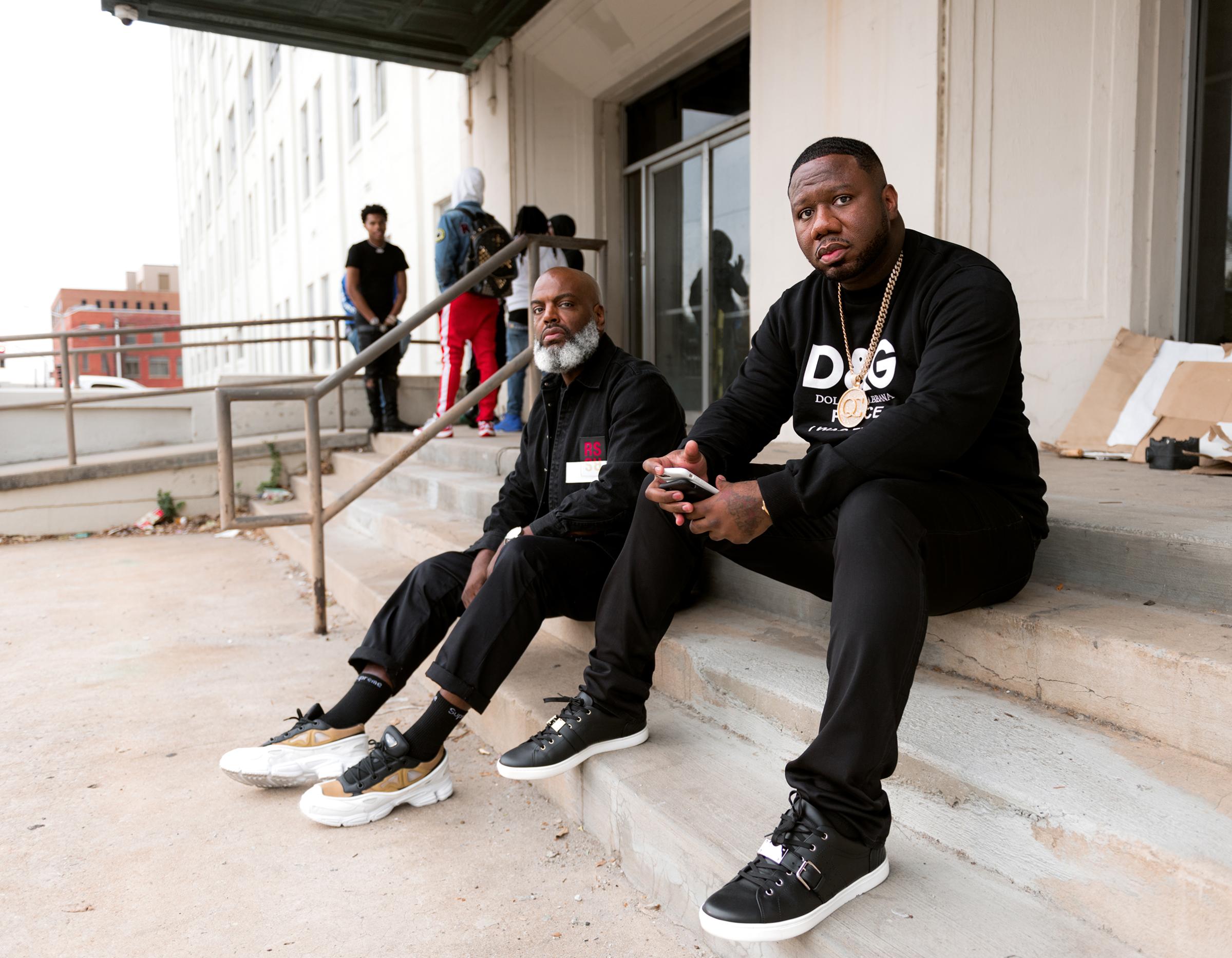
Kevin “Coach K” Lee and Pierre “Pee” Thomas are more than just co-founders of one of the most influential indie record labels in the U.S. The Atlanta-based hip-hop moguls and heads of the label Quality Control are talent scouts, community mainstays and rap tastemakers, ushering local stars like the rap trio Migos to the top of the charts—and helping amplify the Atlanta sound as hip-hop’s dominant force over the past decade.
Lee and Thomas made their name by spotting talent early, relying on their deep roots in the Atlanta scene: recent signee Lil Baby wasn’t even a rapper when Thomas noticed his potential, developed it and turned him into a rising star. That local-first approach has made them hugely influential in their hometown, and in turn, they’ve passed support along to causes like get-out-the-vote campaigns. They’ve made sure to incubate their connection to Atlanta—which Lee calls “the blackest city in America”—while looking ahead to developing projects beyond the realm of music. “We take our time,” Lee notes of their process; they may be trendsetters, but what they do is “built to last.” —R.B.
Cyndi Nguyen
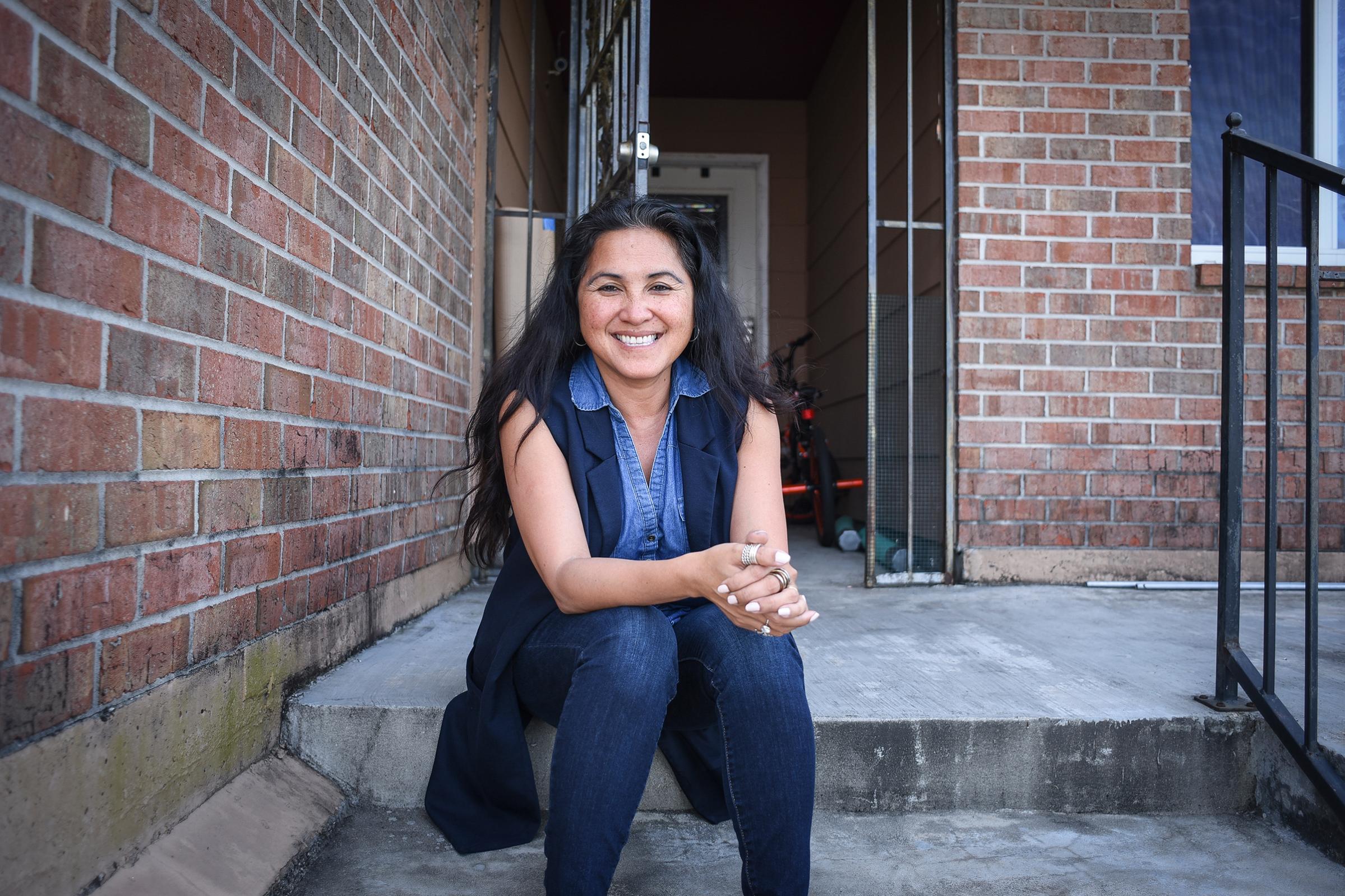
Vietnamese immigrants began concentrating in New Orleans after Saigon fell in 1975, but for decades they largely kept to isolated communities along the Gulf Coast. In recent years, however, younger generations have become increasingly involved in the fabric of New Orleans. That growing influence is embodied by Cyndi Nguyen, who in May became the Crescent City’s first Asian-American city council representative. Nguyen, who as a child immigrated from Vietnam with her parents, is the co-founder of a nonprofit that aids non-English-speaking communities in the region. She says her election shows that all kinds of people can come together in New Orleans. “Even though I didn’t look like the majority of people, I care deeply about people in the community,” Nguyen tells TIME of her district, which is more than 80% African-American.
She beat an incumbent councilman amid an insurgent wave in 2017 as New Orleans voters chose their first female mayor and a diverse city council. Nguyen says she is honored to be a “first”—but mostly she’s eager to get to work promoting economic development in the area. “There’s great potential for this district,” she says, “and it’s not because I’m in the seat; it’s because of the people.” —A.A.
Laura Lee Brown and Steve Wilson
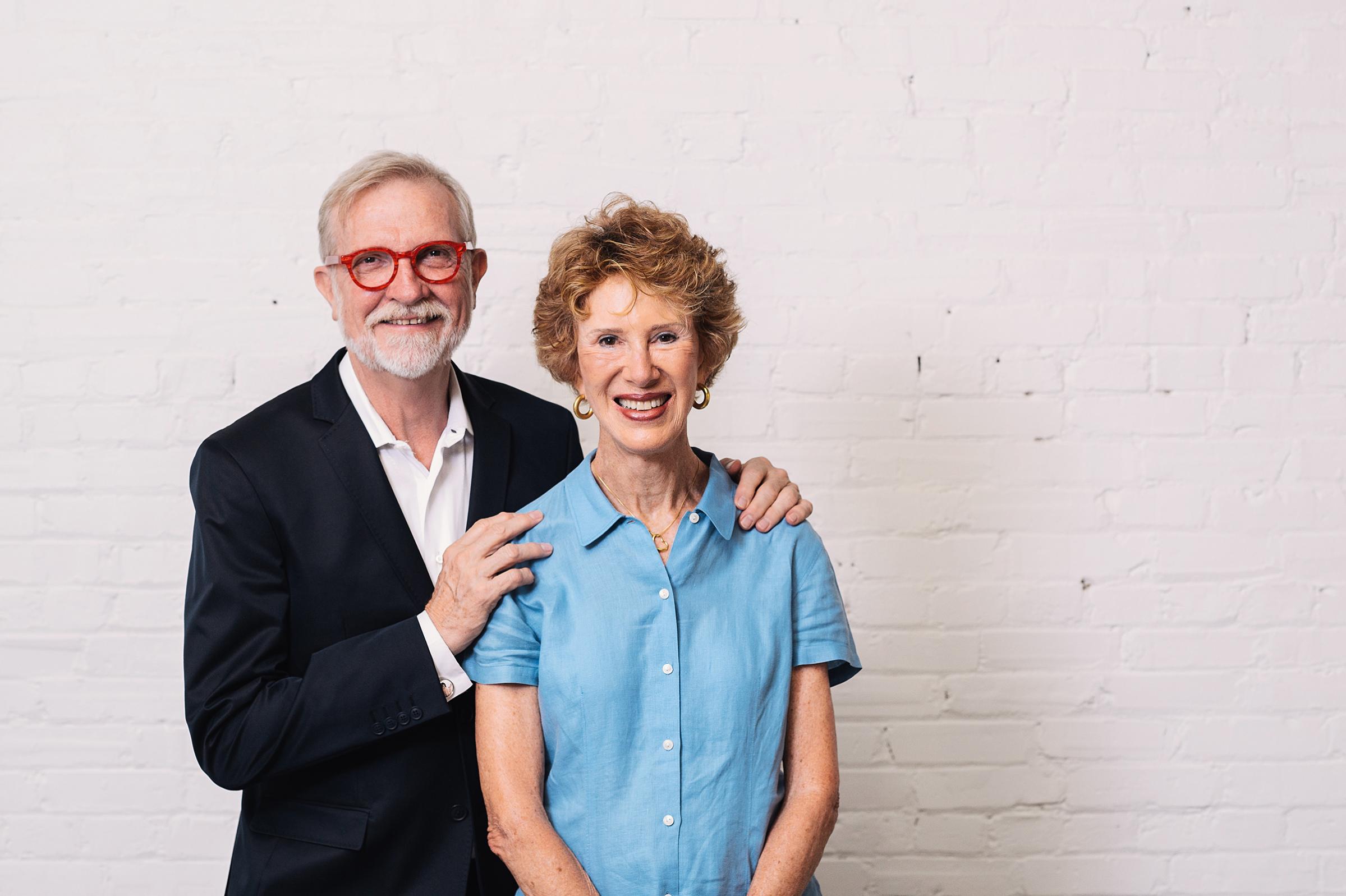
Looking for a way to launch a business that could help revitalize downtown Louisville little more than a decade ago, Kentucky natives Laura Lee Brown and Steve Wilson realized they could solve another problem at the same time: a way to share their own substantial art collection. The result was the 21c Museum Hotel, featuring art galleries that are free and open to the public. The first location opened in their hometown in 2006, just in time to capitalize on a resurgence for midsize Southern cities. The couple have since opened eight hotels throughout the South and Midwest, all with a design-focused aesthetic and distinct sense of place. Under chief curator and museum director Alice Gray Stites, the hotels have hosted work from artists such as Kehinde Wiley, Kara Walker and Cindy Sherman, offering visitors and residents alike a chance to see—or spend the night with—some of the country’s most provocative contemporary art. —Samantha Cooney
The South Fulton Eight
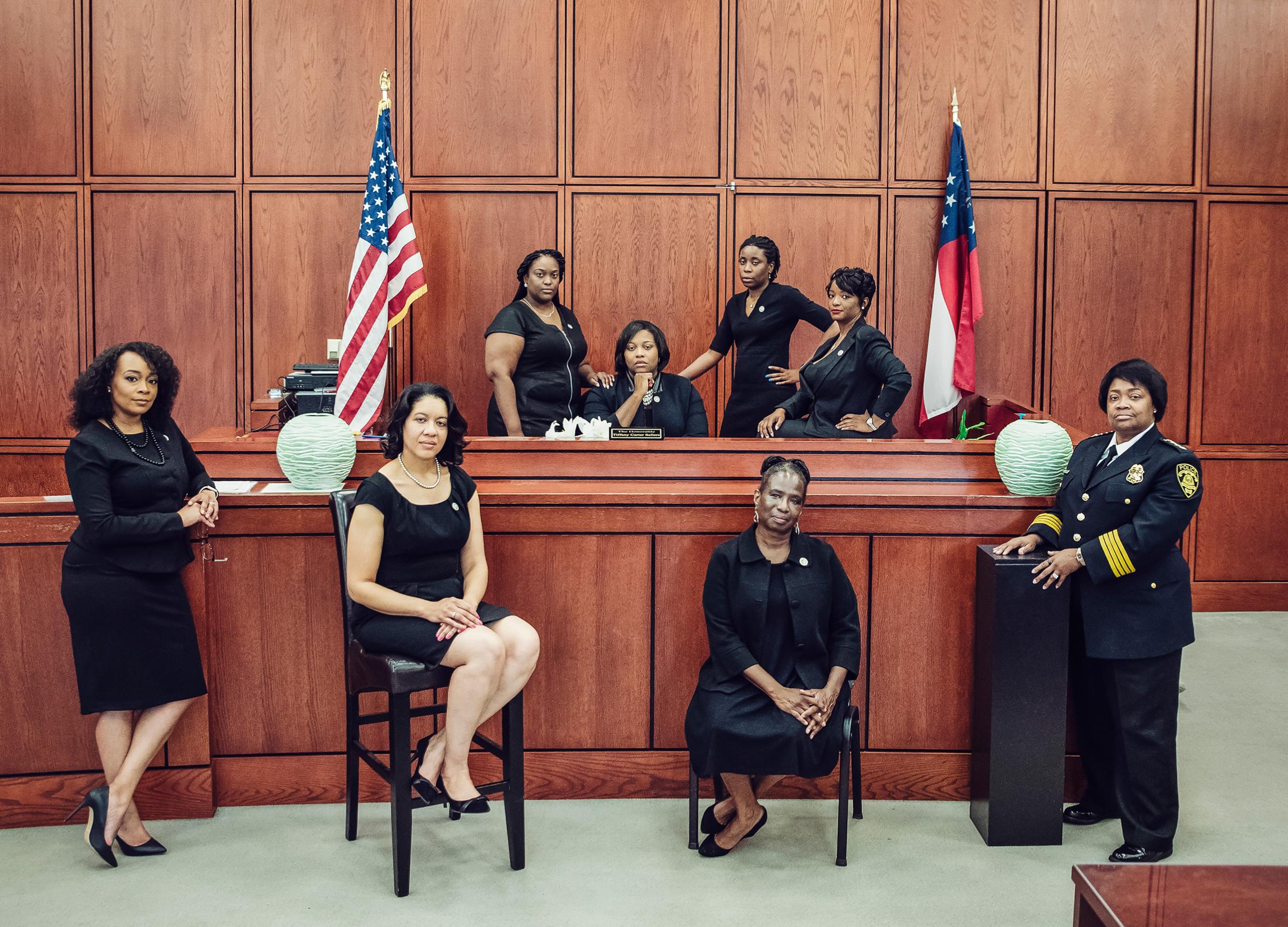
South Fulton has only been incorporated for a year, but it has already made history. Situated 12 miles west of Atlanta, it’s the first U.S. city in which almost every leader within its criminal-justice system is a black woman. That aligns with the demographics of the town, which is about 90% black, but are an anomaly in a country where only about 8% of state judges are women of color, accord-ing to the American Constitution Society for Law and Policy. A photo of eight of the town’s leaders—city solicitor LaDawn Jones, court administrator Lakesiya Cofield, public defender Viveca R. Famber Powell, interim police chief Sheila Rogers, clerk Kerry Stephens, chief judge Tiffany Carter Sellers, clerk of the court Ramona Howard and clerk Tiffany Kinslow—went viral this spring.
Amid what can feel like a barrage of depressing news stories about the obstacles faced by African Americans and women, the image captivated Americans far beyond the borders of the small town. But the women of South Fulton said recently that they want to be sure their influence doesn’t stop at a photo op. In their courts and jails, Sellers has said, their goal is to seek justice for all while being an example of “how to do things right.” —Maya Rhodan
Nicole Hurd

When Nicole Hurd launched an advising program in 2005 as a dean at the University of Virginia, she wanted to help under-served students with the college application process. It quickly became clear that her help was needed on a much larger scale. She expanded the program, moving to the University of North Carolina at Chapel Hill to develop what is now College Advising Corps, through which recent college graduates now serve as advisers in 646 high schools across 14 states. Having helped an estimated 300,000 students enroll in college since 2005, the corps announced a goal this year of enrolling 1 million students by 2025. As low-income students continue to face steep barriers to higher education, Hurd has framed her mission as fundamental to the country’s future. “If we don’t do this,” she has said, “then the American Dream is really in jeopardy.” —K.R.
Samuel Rivera Lopez
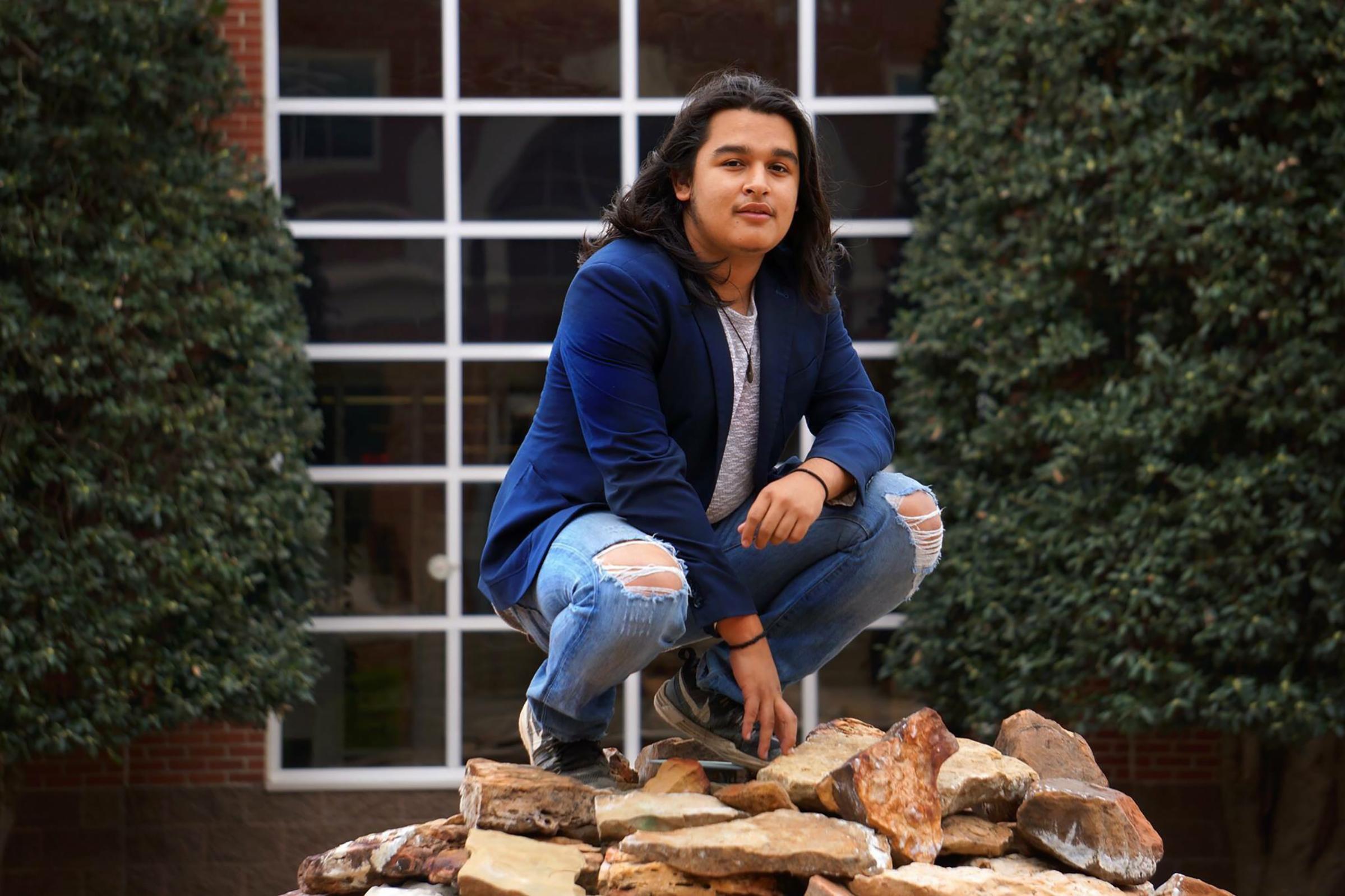
Samuel rivera Lopez was 17 when, in 2015, he founded a group called Stitches to encourage his fellow teens to use art to get involved in the community. A year later, University of Arkansas professor David Jolliffe saw the Mexico-born Lopez speaking about his experiences and asked him to help with something new: the LatinX Theatre Project, created to give voice to the stories of the growing Hispanic population in Northwest Arkansas. Lopez and other teens wrote poetry and raps about their journeys as immigrants, which artistic director Ashley Edwards turned into a play. “Sam is a great connector,” Edwards tells TIME. He helped the project’s founders find Latino artists and starred in its first show, and Lopez says the performances quickly sparked a dialogue in the community. Now Lopez is using the lessons he has learned to help teens beyond the theater, and the LatinX Theatre Project is looking to help other teens like him continue telling their stories. —A.A.
Michael Sorrell
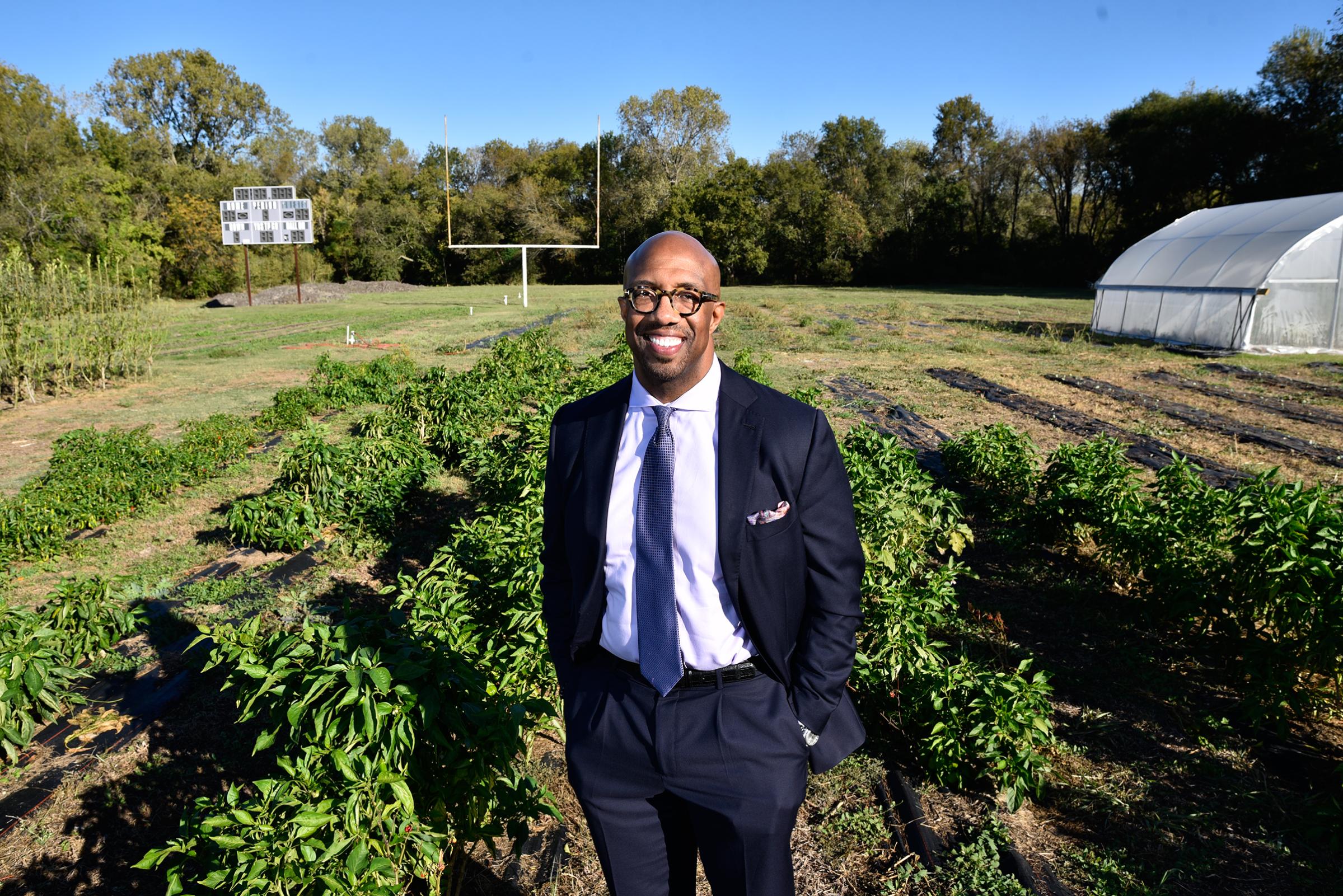
When Michael Sorrell was asked to take over as president of Paul Quinn College in Dallas, there were 15 abandoned buildings on campus, the school had seen four presidents in as many years and enrollment had plummeted. “The school was 135 years old. It had survived Reconstruction. It had survived Jim Crow,” he tells TIME. “I thought, Please don’t let me be the thing that kills it.”
So the school’s leadership adopted a new mantra: grow by meeting the needs of the community they served. Gone was the football team, with its field becoming a farm that could feed its neighborhood and provide student employment as part of the school’s urban-work college model. Now, about a decade later, Sorrell is looking to expand. In July, the school announced the location of its first satellite campus. In August, it will break ground on its first new building in over 40 years. And by requiring students to work and use part of the paycheck to offset their education, Paul Quinn has cut the cost of attendance by $10,000. Along the way, Sorrell became one of the most innovative leaders in his field. “If you’re Catholic, you have Notre Dame. If you’re Mormon, you have Brigham Young. If you’re a black woman, you have Spelman,” he says. He wants students from under-resourced communities to know that they, too, have a place. “We’re going to create a seminal experience for the students who are coming to college today.” —M.R.
John Herrera
After the 1996 Atlanta Games, many of the Mexican laborers who built the Olympic Village drifted north to North Carolina, following a building boom. They were often paid in cash—which created its own problems. “People knew the easiest way to get cash was to rob a Mexican on payday,” says John Herrera, who was then working at Duke University in Durham. “People were easy targets, walking ATMs.”
Commercial banks had little incentive to cater to the workers: their accounts were modest, and getting them required bilingual staff. So Herrera helped found the Latino Community Credit Union, which 18 years later has 12 branches and $300 million in assets. Staff teach financial literacy to clients who don’t always know how the U.S. banking system works and help them through the paper-work to pay taxes properly. It’s a Wonderful Life has been updated, with a native of Costa Rica in the Jimmy Stewart role. “We’re building our institutions and integrating ourselves,” says Herrera. “We are the -nation-builders, immigrants are.” —K.V.
Chuck Reece
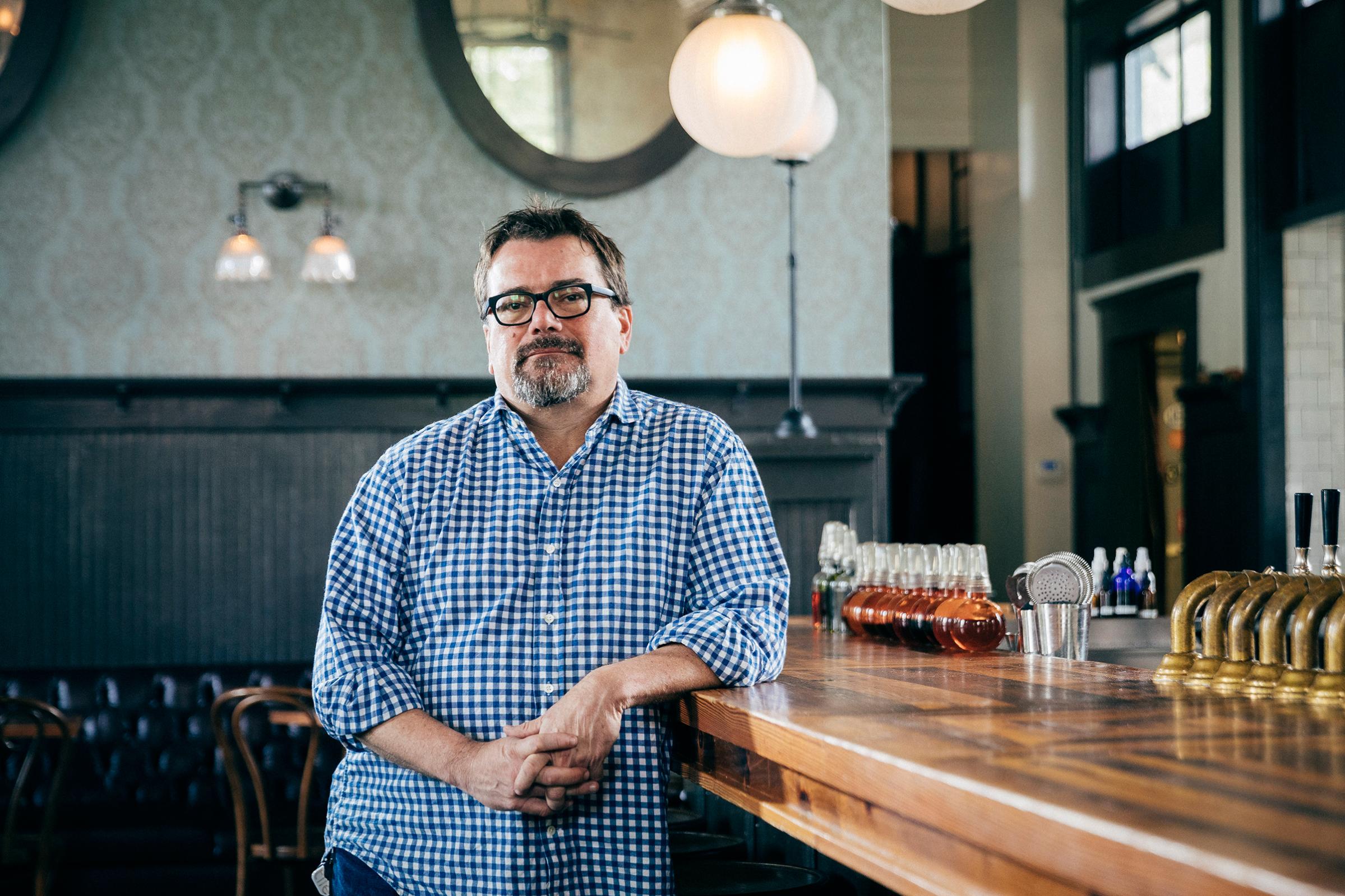
The Bitter Southerner was originally conceived as a cocktail blog. But when he fell upon the title—“it’s like a quadruple entendre”—Chuck Reece realized he had found a vehicle for something bigger. Every TV show and magazine about the region seemed to feature either debutantes or rednecks. This site could do everything else.
“We decided a bitter Southerner is somebody who loves this region but also is willing to acknowledge and not gloss over the many difficult pieces of its history,” says Reece, who from Atlanta in 2013 launched an enterprise “for and by a community of anyone who’s ever felt like a misfit in the South.” The result is an online magazine that tells unexpected stories (think an essay on #MeToo that merges Atlanta and Paris) and wins awards—including two James Beards for food writing. The URL is brandished by expatriate Southerners and transplants to show the folks in the North. “It comes down to: Everybody alive wants to feel proud of where they’re from,” he says. “It’s just harder down here.” —K.V.
This story is part of TIME’s August 6 special issue on the American South. Discover more from the issue here.
More Must-Reads from TIME
- Why Trump’s Message Worked on Latino Men
- What Trump’s Win Could Mean for Housing
- The 100 Must-Read Books of 2024
- Sleep Doctors Share the 1 Tip That’s Changed Their Lives
- Column: Let’s Bring Back Romance
- What It’s Like to Have Long COVID As a Kid
- FX’s Say Nothing Is the Must-Watch Political Thriller of 2024
- Merle Bombardieri Is Helping People Make the Baby Decision
Contact us at letters@time.com